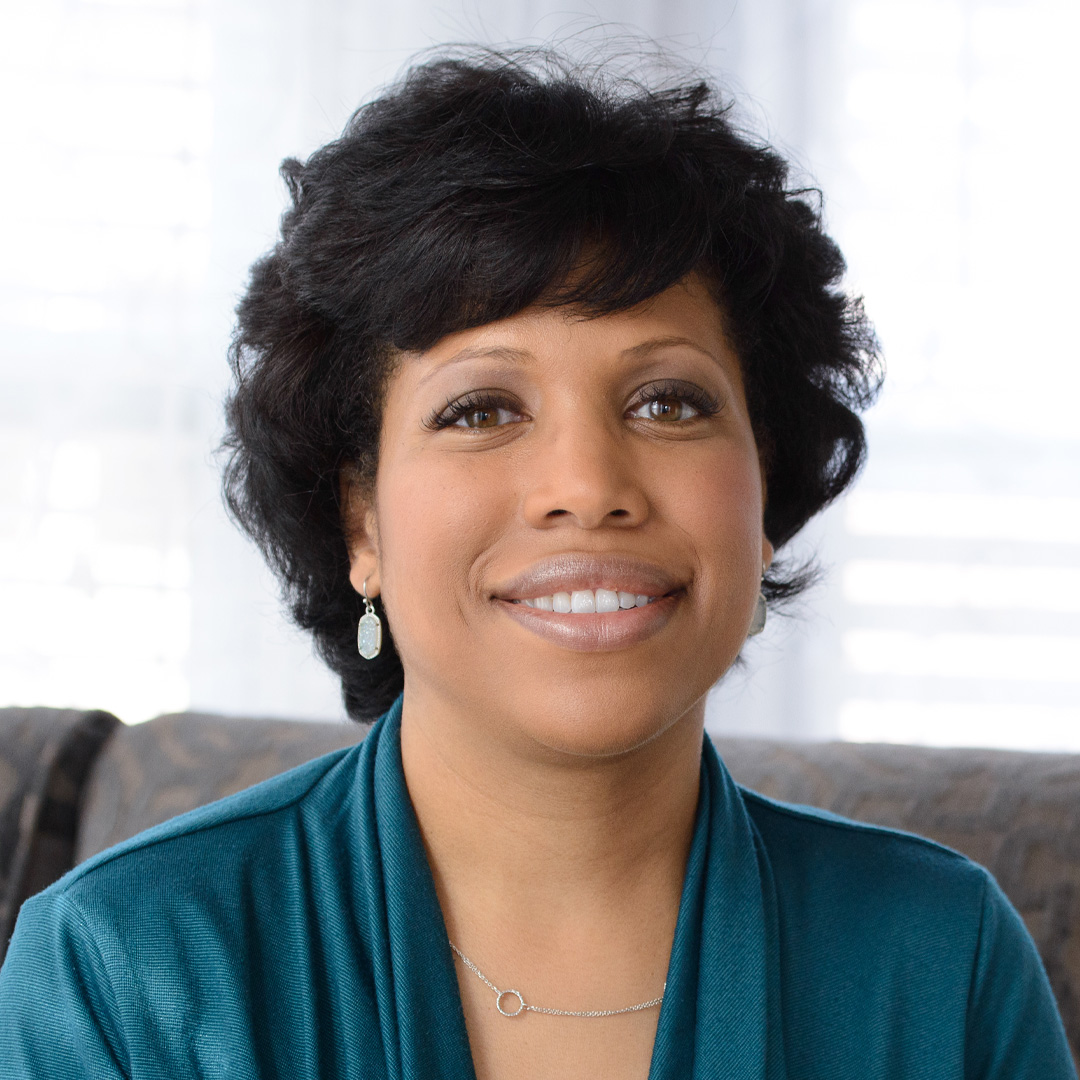


Hearing the words “it’s cancer” came as a complete shock to Jen T. It wasn’t anything she ever imagined happening to her, especially at the age of 36, with no family history of breast cancer. In those first few moments, her mind began to race. As someone who likes to be in control (and a mom of two), Jen’s questions felt endless. She played out the scenarios in her head until her oncologist had a frank conversation with her. He explained his job was to make sure his treatment recommendations were effective, but he invited Jen to play her part, too. On the back of a brochure, he wrote down a list of areas she could focus on to help her treatment and recovery. Now, she’s sharing that list—one she still uses to guide her day to day—with others.